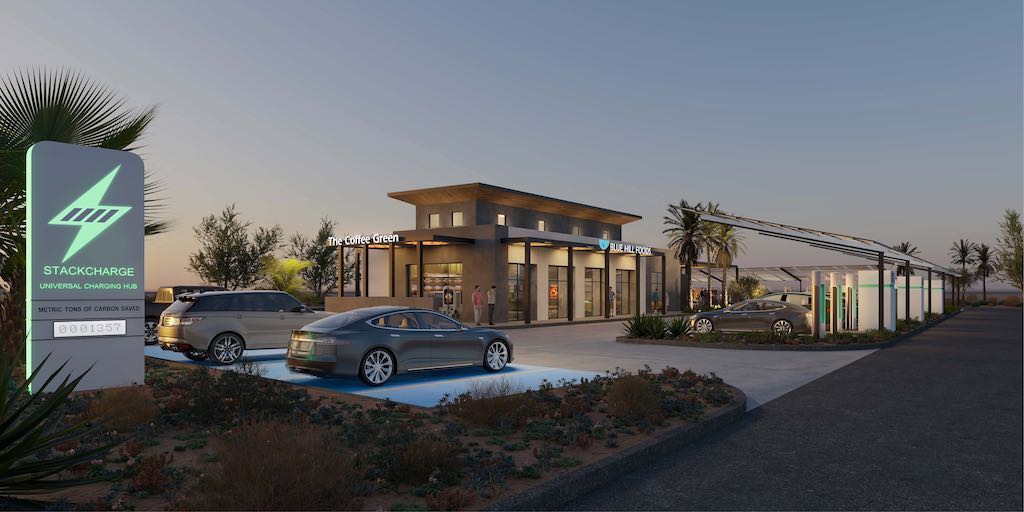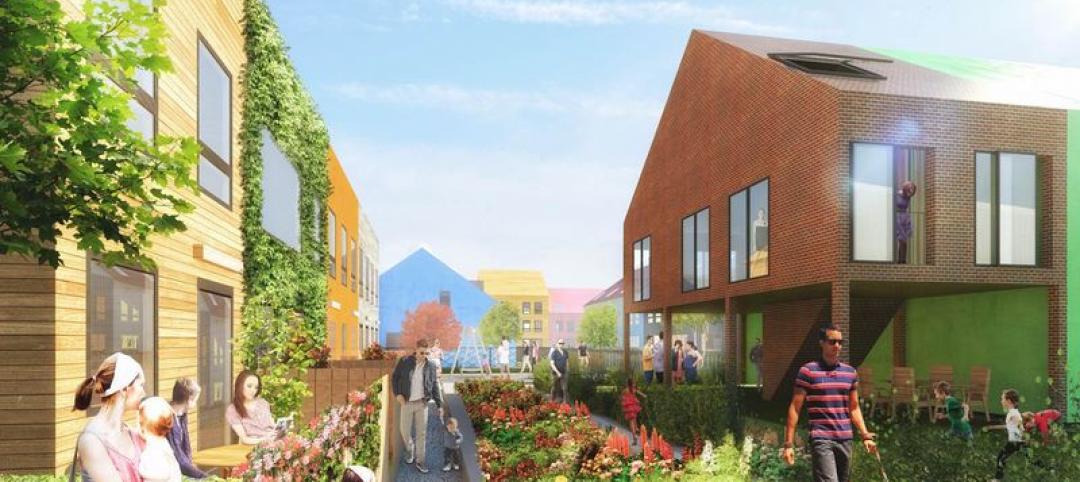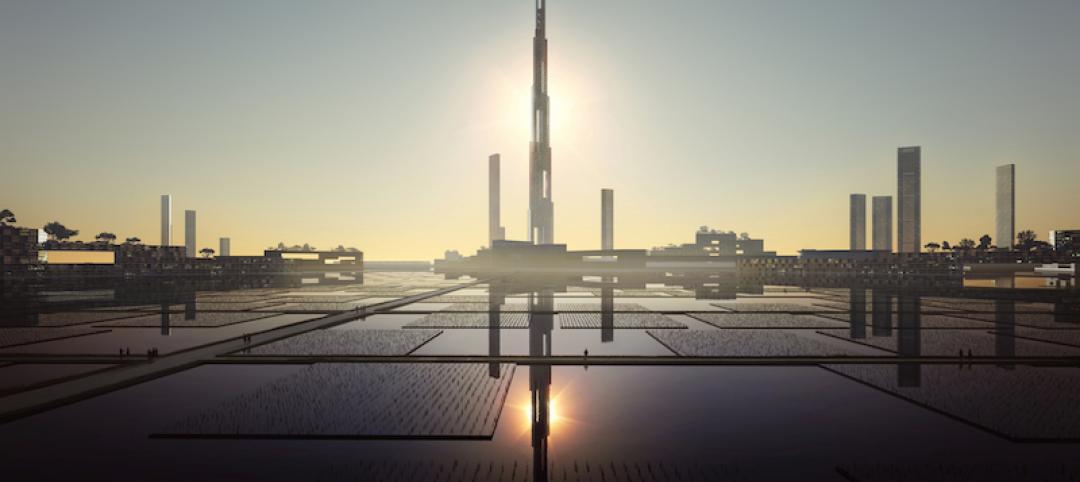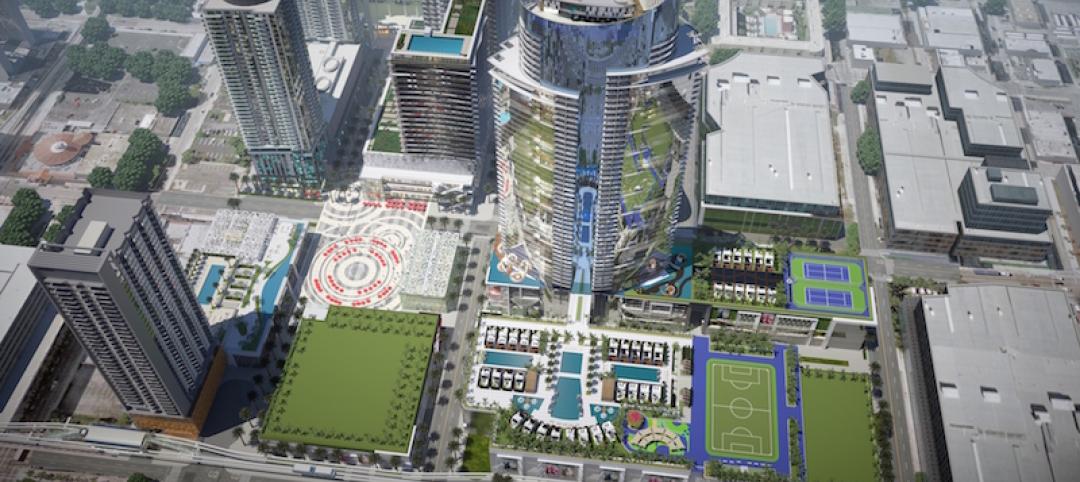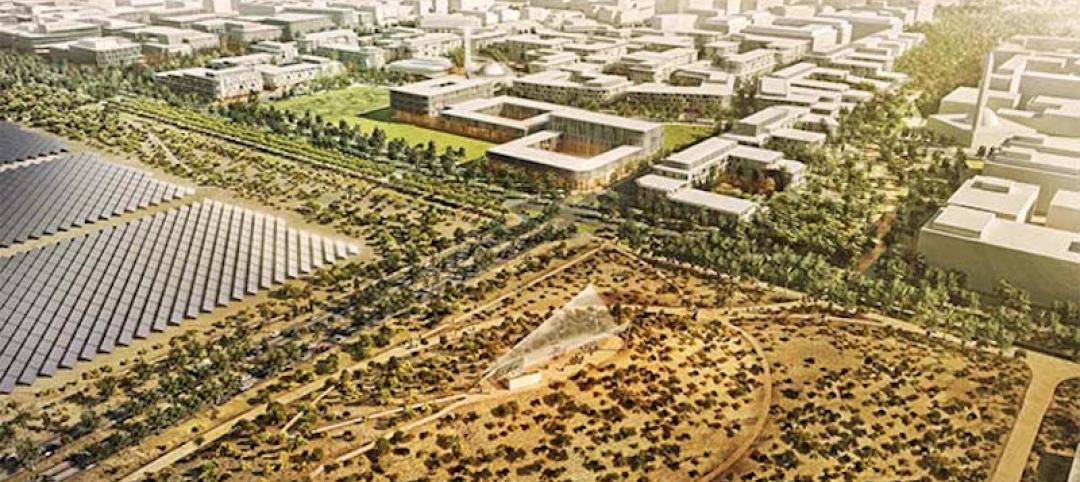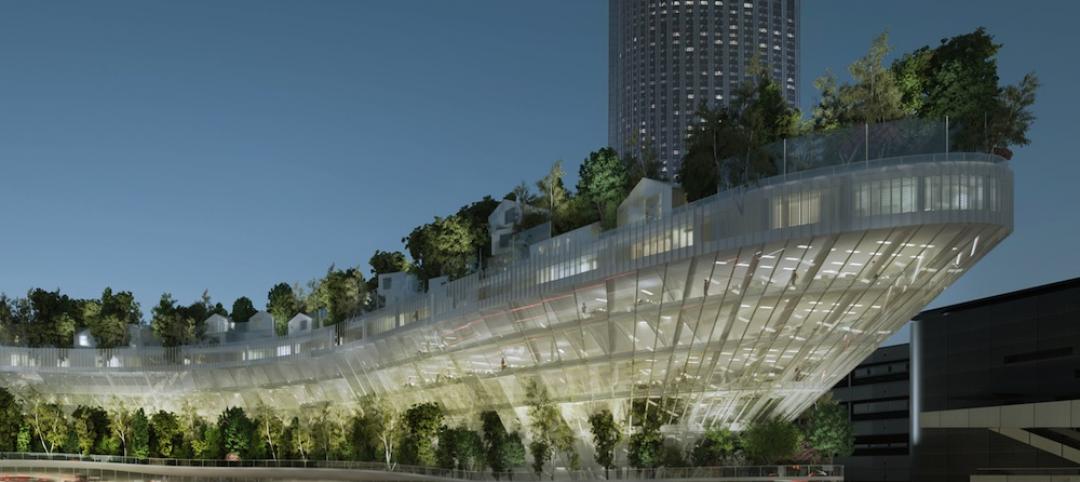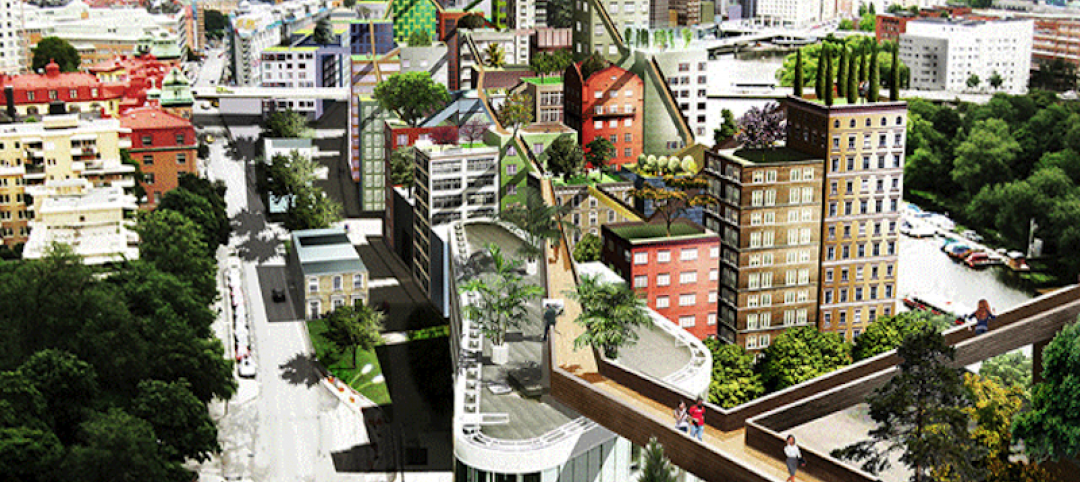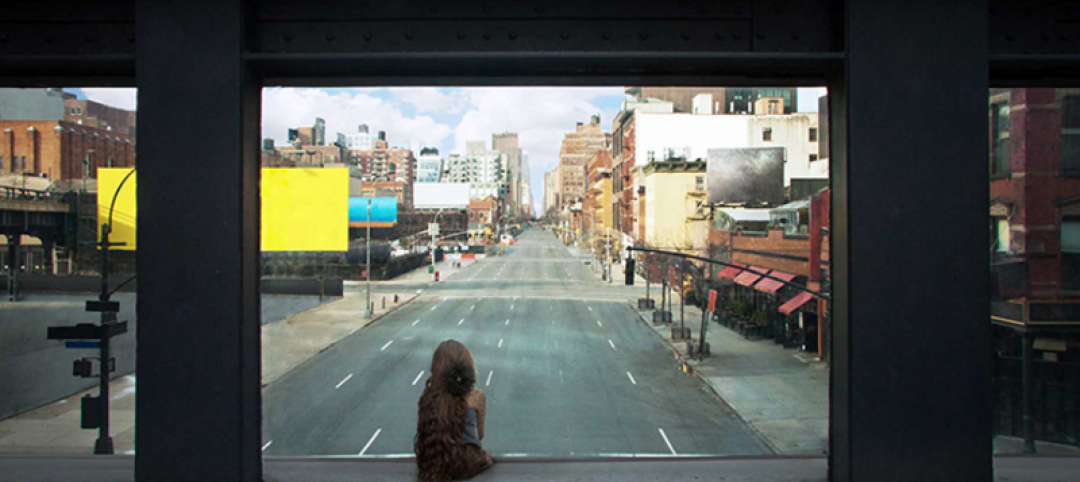There are just shy of 50,000 electric vehicle (EV) charging stations across the United States, according to Department of Energy estimates. But with anywhere from 35 million to 44 million electric cars and trucks expected to be on the roads by 2030 (compared to around 3 million today), the U.S. will need 1.2 million public chargers and 28 million private chargers to keep pace with demand, according to a recent McKinsey & Company report.
The federal infrastructure bill includes $7.5 billion for EV charging infrastructure, and President Biden has committed to adding 500,000 public chargers by 2030. There is also a slew of companies—including Tesla, ChargePoint, Electify America (which is partly owned by Volkswagon and Siemens), EVgo, and Volta—that’s building networks of Level 3 fast-charging EV charging stations, to say nothing of the partnership between General Motors and Bechtel to build thousands of fast charging stations.
Amid this jockeying for position, the startup LL Development plans to begin construction this fall on The StackCharge, an EV charging station that aspires to enhance the user experience with a quick-service restaurant, 24/7 restrooms, WiFi, and an outdoor lounge area. LL Development is led by entrepreneur Lawrence Fung and real estate investor Lester Ciudad Real, who spoke with BD+C about their concept and plans.
BIDING TIME WHILE RECHARGING
Fung and Real, both military vets, met as students enrolled in the Masters of Business program at the University of Southern California. They stayed friends but took circuitous career routes before forging their development company. According to LinkedIn.com, Fung also earned a degree in dentistry, and was a consultant for a clinical 3D printing app provider. Real spent two years with Goldman Sachs before shifting into real estate management and development.
Fung said the notion for The StackCharge can be traced to his own experiences using existing stations to recharge the Tesla he purchased 18 months ago. He observed that EV chargers, in the main, seemed to be set up to serve the shopping malls whose parking lots they were located in, rather than motorists waiting for their cars to recharge.
How to fill that time was the question. “Maybe the answer,” he recalled speculating, “was quick service food and other amenities” that might elevate the charging experience.
At the time, there were some concepts for EV charging stations floating around, including one conjured by Gensler and BMW Designworks that suggested ways to convert conventional gas stations to EV charging meccas. But Fung said he wasn’t convinced that most gas station operators were ready yet to change their business model, at least not until there was a lot more electric vehicles in use.
A CROWDED FIELD
The first StackCharge station, with 40 universal fast-charging ports, will be located on 1.29 acres in Baker, Calif., a pit stop between Las Vegas and Los Angeles. The nearly 2,500-sf retail pad on site—that once was a Starbucks—has a vacant existing drive-thru building that will be renovated and leased to a quick-service retail tenant. (LL Development has been working with the Los Angeles-based designer Side Studio.) The chargers will be able to recharge vehicles within 30 minutes for up to 200 miles of driving distance.
Baker is already served by Tesla Supercharger, EVgo, and Electrify America, so StackCharge will be entering an already competitive market. Fung quipped that electric vehicles are “iPhones with wheels,” and that his company plans to deploy digital marketing that targets drivers directly.
The first StackCharge is scheduled to open sometime next Spring. It will be the first of 10 stations in southern California that Fung and Real plan to open by the end of 2023. (The general contractor had not been selected at presstime.) Real said that the location of each site is seminal to its success. “We are looking to acquire sites that have strong retail real estate fundamentals and benefit from high transit traffic as we anticipate demand to skyrocket as EVs continue to dominate the market.”
StackCharge is being funded by co-development partners and family-office advisory firms. Eventually, Fung and Real plan to expand the concept to northern California and to other states.
Related Stories
Urban Planning | May 4, 2016
Brookings report details how different industries innovate
In the new report, “How Firms Learn: Industry Specific Strategies for Urban Economies,” Brookings' Scott Andes examines how manufacturing and software services firms develop new products, processes, and ideas.
Urban Planning | Apr 19, 2016
MVRDV wants to turn a former US Army barracks in Germany into a model for the future of suburban living
Blending traditional families with young couples and the newly retired, MVRDV hopes to transform traditional suburbs into diverse communities of shared experiences
High-rise Construction | Mar 10, 2016
Bigger, taller, wider: London’s skyline is about to have a major growth spurt
More than 100 tall buildings have been added to the plans for the capital city since this time last year, and the overall number of tall buildings planned for London is now over 400.
High-rise Construction | Feb 25, 2016
Kohn Pedersen Fox wants to build a mile-high tower in Tokyo
The tower would be the centerpiece of Next Tokyo, a mini city in Tokyo Bay adapted to climate change and rising tides.
Mixed-Use | Feb 18, 2016
New renderings unveiled for Miami Worldcenter master plan
The ‘High Street’ retail promenade and plaza is one of the largest private master-planned projects in the U.S. and is set to break ground in early March.
Green | Feb 18, 2016
Best laid plans: Masdar City’s dreams of being the first net-zero city may have disappeared
The $22 billion experiment, to this point, has produced less than stellar results.
Urban Planning | Feb 9, 2016
Winners named in 'reinventing Paris' competition
Architects submitted projects that redeveloped key parts of the city and incorporated green space features.
Urban Planning | Feb 2, 2016
Report identifies 600 cities that will drive economic growth through 2025
Of them, 440 are in emerging economies in China, South Asia, and Southeast Asia.
Urban Planning | Jan 21, 2016
Anders Berensson Architects re-imagines Stockholm as a city of skywalks
The Swedish firm’s "Klarastaden" plan connects the city via clear skyways that weave in and around the city’s buildings.
Urban Planning | Jan 19, 2016
Cities are booming, but do they have what it takes to sustain growth?
While cities are creating new jobs and attracting new residents, there are warning signs that suggest this current urban boom lacks the necessary sustainability that comes with focusing on the macro issues of community, affordibility, and displacement, writes Gensler’s Peter Weingarten.


